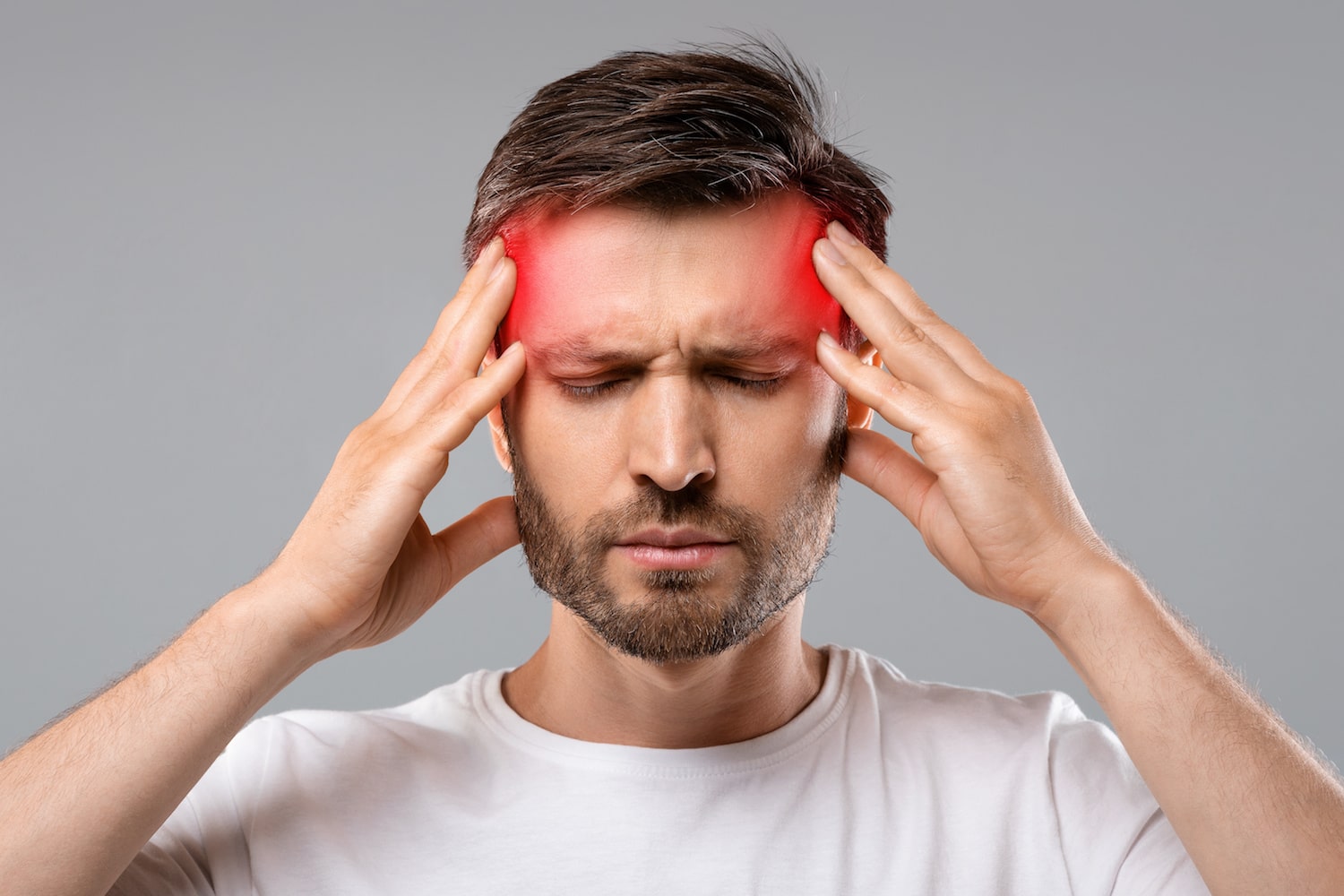Introduction
Do you suffer from frequent headaches that don’t seem to go away, even after taking pain relievers? If so, your temporomandibular joint (TMJ) could be the cause. The TMJ connects your jaw to your skull, and when it becomes irritated or misaligned, it can lead to pain, stiffness, and headaches.
Many people don’t realize that their headaches are related to TMJ dysfunction. Instead, they may think they have migraines or tension headaches. But if you also experience jaw pain, clicking sounds, or difficulty chewing, your TMJ could be the real problem.
The good news is that TMJ headache relief is possible with the right treatments. At Florida TMJ Physical Therapy Center in Pembroke Pines, FL, we specialize in helping patients find lasting relief through non-invasive therapies. Here are five effective ways to reduce TMJ-related headaches and feel better.
1. Physical Therapy for TMJ Pain Relief
Physical therapy is one of the best ways to treat TMJ dysfunction and prevent headaches. A trained physical therapist can help by improving the way your jaw moves and reducing strain on the surrounding muscles.
At Florida TMJ Physical Therapy Center, we create personalized treatment plans for each patient. Therapy may include:
- Jaw-strengthening exercises to improve muscle function.
- Stretching techniques to reduce tightness in the jaw and neck.
- Manual therapy to realign the jaw and improve movement.
By improving jaw alignment and muscle control, physical therapy can prevent TMJ headaches from returning. Many patients experience less pain and fewer headaches after just a few sessions.
2. Dry Needling Therapy for Muscle Tension
If your TMJ headaches are caused by tight muscles, dry needling may be an effective treatment. This therapy involves using thin, sterile needles to release tension in the jaw, neck, and head muscles.
Unlike acupuncture, which is based on traditional Chinese medicine, dry needling is a medical technique that targets trigger points—tight muscle knots that can cause pain. When these trigger points are released, muscle tension decreases, leading to TMJ headache relief.
Many patients find that dry needling provides quick pain relief and allows them to move their jaw more freely. If you frequently wake up with headaches or feel tightness in your jaw, this treatment may be right for you.
3. Manual Therapy & Myofascial Release
Many people with TMJ-related headaches have tight muscles not only in their jaw but also in their neck, shoulders, and face. Manual therapy and myofascial release are hands-on treatments that help relax these muscles and improve movement.
At Florida TMJ Physical Therapy Center, we use specialized techniques to:
- Reduce muscle tightness in the jaw, head, and neck.
- Improve blood flow to painful areas.
- Increase jaw mobility to prevent future headaches.
By releasing tension in the facial muscles, manual therapy can help reduce headaches naturally, without the need for medication.
4. Postural Training & Ergonomic Adjustments
Poor posture is a major cause of TMJ-related pain and headaches. Many people don’t realize that the way they sit, sleep, or even use their phones can affect their jaw alignment.
When your neck and shoulders are misaligned, extra stress is placed on the TMJ, leading to pain and tension. Common postural mistakes include:
- Slouching while sitting at a desk.
- Tilting your head forward when looking at a phone.
- Sleeping on your stomach, which puts pressure on the jaw.
To improve posture and reduce TMJ headaches, try these tips:
- Sit up straight with your shoulders relaxed.
- Keep your screen at eye level to avoid straining your neck.
- Sleep on your back or side with proper pillow support.
At Florida TMJ Physical Therapy Center, we teach correct posture and ergonomic techniques to help prevent headaches and jaw pain from getting worse.
5. Stress Management: Relaxation Methods to Reduce Clenching & Grinding
Stress and anxiety are major triggers for TMJ dysfunction and headaches. When you're stressed, you may clench your jaw or grind your teeth—often without realizing it. Over time, this can put excessive pressure on the TMJ, leading to pain and frequent headaches.
Relaxation techniques can help break this cycle by calming the nervous system and reducing jaw tension. Some effective methods include:
Guided Meditation & Deep Breathing
Meditation helps lower stress levels and encourages jaw relaxation. Even five to ten minutes a day can make a big difference.
Try this simple breathing exercise:
- Inhale deeply through your nose for four seconds.
- Hold the breath for four seconds.
- Exhale slowly through your mouth for six seconds.
- Repeat for several minutes, focusing on relaxing your jaw and face.
Jaw Relaxation Exercises
If you catch yourself clenching your teeth, try this:
- Place your tongue gently on the roof of your mouth, just behind your front teeth.
- Relax your jaw muscles while keeping your lips closed.
- Hold this position for several seconds, then repeat throughout the day.
Lifestyle Adjustments
Other ways to reduce stress-related TMJ headaches include:
- Getting enough sleep (at least 7-8 hours per night).
- Avoiding caffeine and alcohol, which can increase muscle tension.
- Using heat therapy to relax jaw muscles before bed.
By making these small changes, you can prevent jaw tension and headaches from becoming a daily struggle.
Conclusion: Find Long-Lasting TMJ Headache Relief
If you're tired of dealing with chronic headaches and jaw pain, it's time to take action. TMJ headache relief is possible with the right treatments, and you don’t have to rely on painkillers to feel better.
At Florida TMJ Physical Therapy Center in Pembroke Pines, FL, we offer personalized therapy plans to help patients reduce pain, improve jaw function, and prevent future headaches. Whether you need physical therapy, dry needling, or stress management techniques, we are here to help.
Don’t let TMJ headaches control your life. Contact us today to schedule a consultation and start your journey to pain relief!


